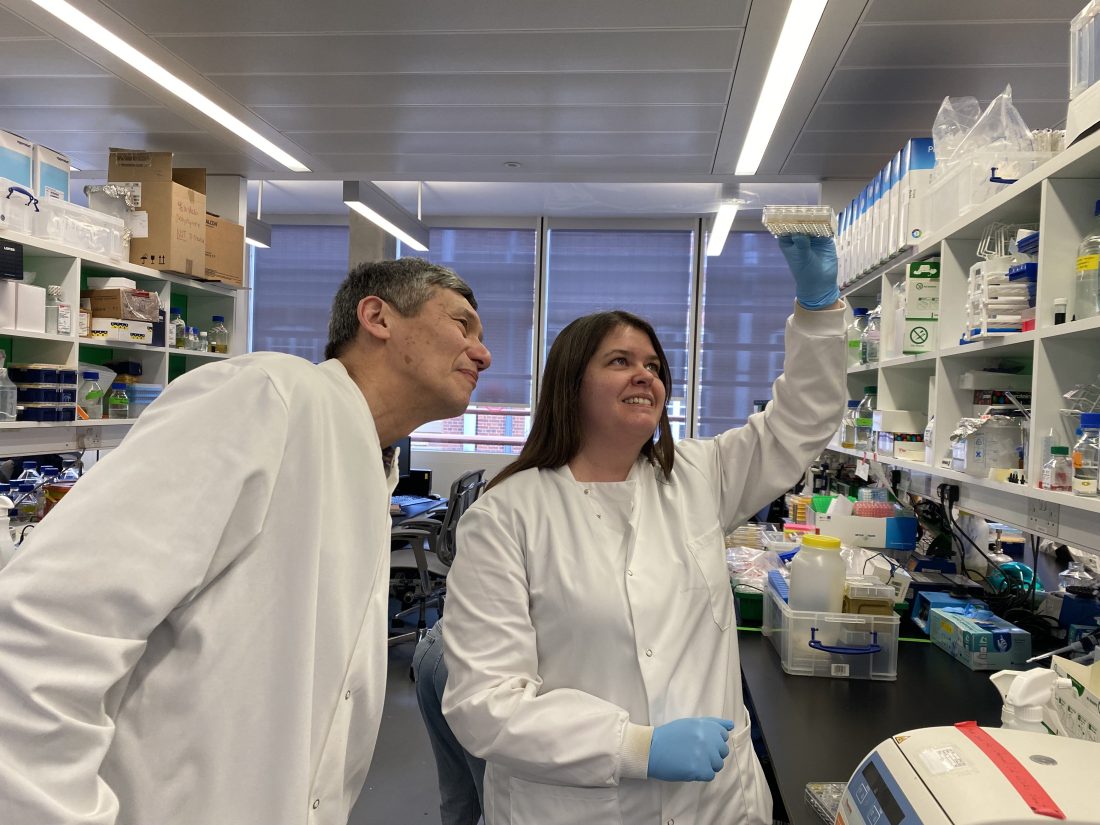New meningitis-B vaccine developed by the Tang lab
Meningitis is the inflammation of the tissues surrounding the brain and spinal cord and is usually caused by infection. It can be fatal and requires immediate medical care. Meningitis can be caused by several species of bacteria, viruses, fungi and parasites. Bacterial meningitis is the most dangerous form of meningitis and can be fatal within 24 hours. Although meningitis affects all ages, young children are most at risk, and millions are affected worldwide.
Invasive meningococcal disease (IMD) is caused by six serogroups (Men-A, -B, -C, -W, -Y, and -X) of the bacterium. After five years of extensive work in collaboration with the Serum Institute of India, the team at the Sir William Dunn School of Pathology formulated a quadrivalent vaccine consisting of four chimeric proteins to tackle Men-B. Preliminary results indicate that the new protein-based vaccine advances several aspects including improved safety, efficacy, and coverage compared to present-day licensed vaccines.

Dr. Hayley Lavender and Professor Christoph Tang
Explore more
Tang Group
Understanding how pathogens colonise specific niches in the body, evade elimination by the immune system, and cause disease
Infection and Immunity
Several Dunn School groups use a range of approaches to investigate antigen presentation and immune regulation during health and disease and study the mechanisms that enable bacterial and viral pathogens to invade and proliferate inside their hosts.
More news
The latest news stories and research highlights from the Dunn School.